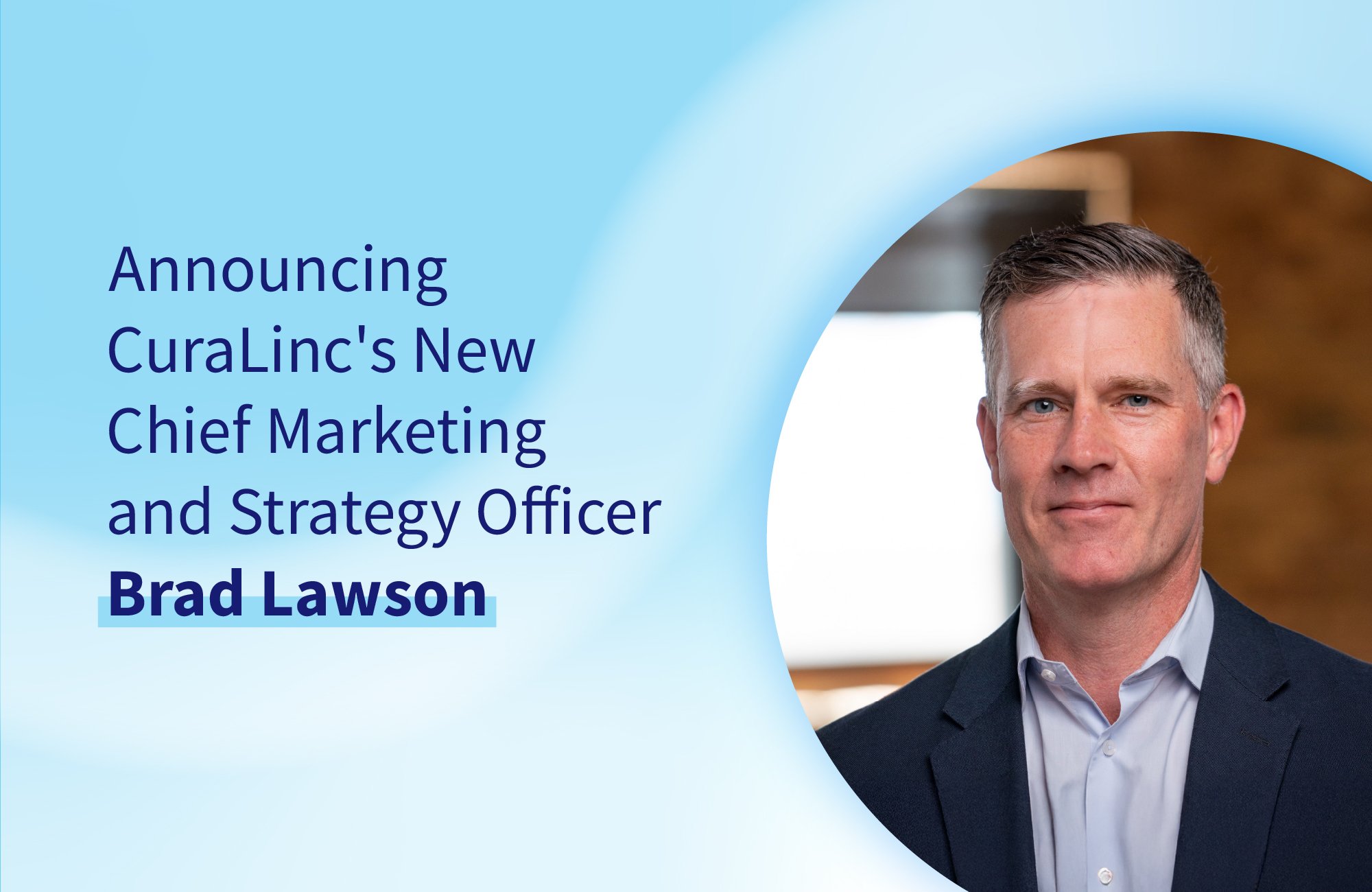Every parent wants the best for their child, but when it comes to mental health, the path isn't always clear. The road to finding the right support can be daunting, filled with twists and turns that cause parents to question if their child will ever get the support they need.
A recent survey found that one in four parents report feeling burned out at work and 33% of parents report high levels of stress compared to 20% of other adults, according to a new advisory from the U.S. Surgeon General. When a child or teen is struggling, a parent’s chances of burnout, stress and anxiety can increase. But there’s hope, and employers are in a unique position to help.
Having easy access to personalized navigation and support can help take parents from feeling helpless and frustrated to hopeful, informed and capable. And that’s exactly what our Care Advocates aim to do – empower parents with the right information and resources.
Meet Tina, a CuraLinc Care Advocate. Today, we’ve asked her to share more about how she works with parents who reach out for help in supporting their children and teens.
As a Care Advocate at CuraLinc Healthcare and a mother myself, I know how difficult it can be to reach out for help when it comes to your child or teen. Many of the parents I speak to are experiencing feelings of panic and anxiety, in addition to frustration with the healthcare system and insurance companies. They simply don’t know where to turn for help.
I can relate to these parents, especially mothers. As a mom, not knowing what to do or where to get information to help your child is so hard. After all, Mom is supposed to know everything, right?
But that’s where I feel like I have the opportunity to really step in and make a difference.
Imagine you’re a parent whose teen was recently suspended from school for substance use. You’re, understandably, distraught. You had no idea they were struggling with substance use, but now they’re home and clearly angry and unhappy. You know you need to discuss the situation, but how do you do that? Is there something bigger going on you don’t know about, something else they may need support with? I recently spoke with a parent experiencing a similar situation.
As parents, we know our kids. It can be scary and painful to learn they’re struggling with something like substance use. Could I have done something to prevent this? How will this impact their future? How will this impact our family? These are common thoughts when a child or teen is struggling with mental health issues.
How workplace mental health programs can make a difference
As a Care Advocate, I believe there are several ways we can support parents. It’s a step-by-step process based on individual needs. But regardless of the situation, my job is to learn more about what parents and their children or teens need and then help them locate and receive the right support.
Listen: Identifying primary and underlying needs
When I speak with a parent, my first step is always the same – to actively listen to what they’re saying. I ask questions to learn more about why they’re seeking support but leave space to uncover any additional needs. Listening is essential in order to guide parents to the right support and resources.
For example, in the case I mentioned previously, the mother wanted her teen to speak with a professional, but she was also very concerned about approaching the topic with them. She was worried that addressing the situation might make things worse and feared getting things wrong. I started by talking through these concerns with her. We walked through the best way to approach the subject based on how the teen handled difficult conversations in the past.
In recalling previous experiences with her teen, she was able to recognize that although she never had to address this specific issue, they have worked through other difficult conversations together. We discussed how those conversations went and what her teen responded to. This exercise gave her more confidence and prepared her to take the first step – initiating a conversation about therapy.
In other cases, especially those with younger children, parents may just need help finding resources, whether that’s a therapist or a community resource. Each parent needs something different, but actively listening helps me get them moving in the right direction.
Advocate: Moving beyond traditional benefits navigation
Navigating benefits can be frustrating and confusing, especially when you’re concerned about your child or teen. Once I’ve spoken with a parent and learned more about why they’ve reached out, I’m able to walk them through the resources and support available through their employee assistance program (EAP) and other benefits. I can aid them in locating providers and various resources based upon their preferences and benefits. But sometimes we need to dig a bit deeper.
If their benefits do not cover a certain form of treatment or support, I use various resources to ensure they receive the help they need. For example, I’ve spoken with parents who suspected or just found out that their child had a learning disability, but their health insurance didn’t cover much in the way of diagnosis or treatment. In those cases, I look for local resources, such as the state board of education to learn more about the resources available which often include resources for diagnosis, as well as developmental programs.
Just because insurance doesn’t cover a particular service doesn’t mean all hope is lost. As a Care Advocate, I take time to research alternative avenues and options when necessary. I want parents to know they have someone on their side who is truly advocating for their family.
Support: Ensuring parents don’t overlook their own needs
When your child or teen is struggling, it’s very common to experience difficult emotions yourself. As I said before, many parents feel helpless and frustrated. They may even begin to struggle with anxiety or depression. That’s why it’s important that parents take time to process their own feelings.
A workplace mental health program can support parent mental health in many ways. For example, I often help connect parents to their own provider when their child or teen is struggling. CuraLinc offers access to both in-person and virtual support. In addition, parents may choose to join a virtual anonymous support group. Connecting with others who are experiencing similar situations can make a significant difference. We also offer many self-care resources that parents can take advantage of on demand, such as Mindstream™.
Ultimately, every person is different. But I always remind parents that it’s important not to overlook their own mental health needs when a child or teen is struggling. I encourage them to reach back out for follow-up or additional support by giving them my direct phone number and contact information. Mental health challenges and how they impact each person can change over time.
Workplace mental health programs can provide personalized guidance
Parents often feel alone when their child is struggling, but as a Care Advocate, I’ve seen firsthand how a workplace mental health program can make a significant, positive difference. When parents have an advocate on their side to provide personalized guidance, they feel more confident in knowing their child or teen will receive the support and care they need.
Additional resources
Blog Post– How a Workforce Mental Health Program Can Support Youth Mental Health
Coffee With CuraLinc Episode – Supporting the Entire Employee: Helping Parents Navigate Youth Mental Health




